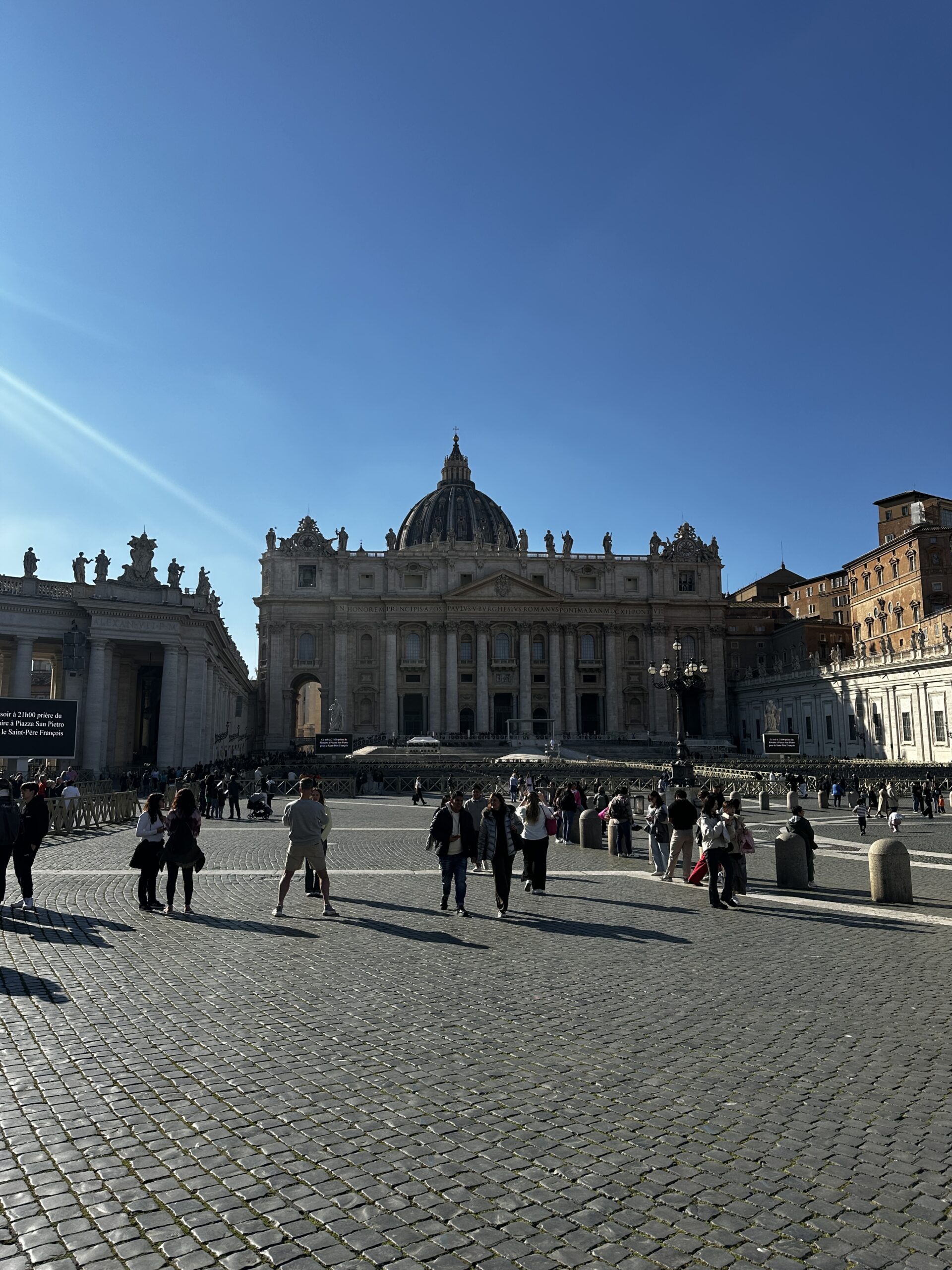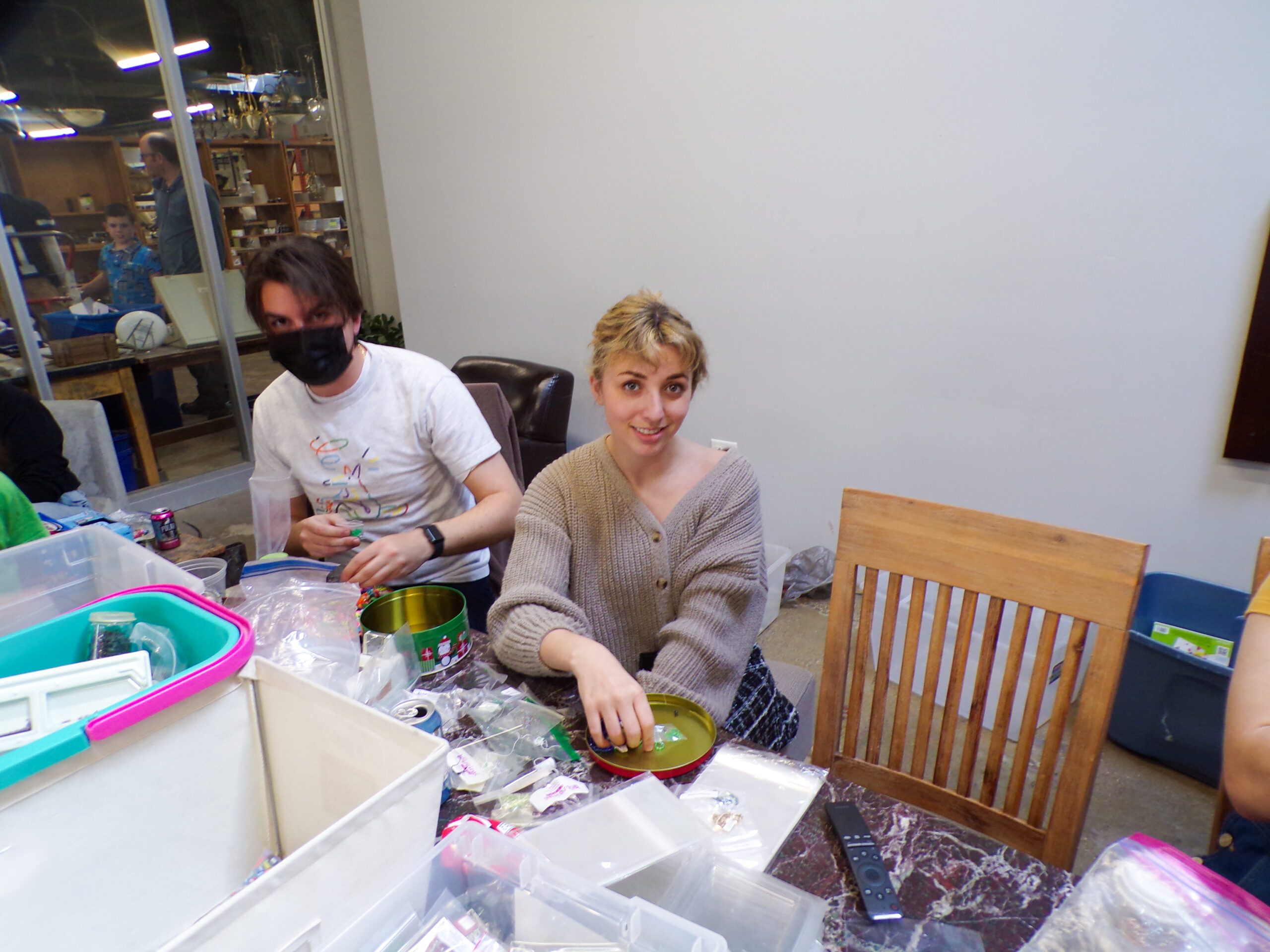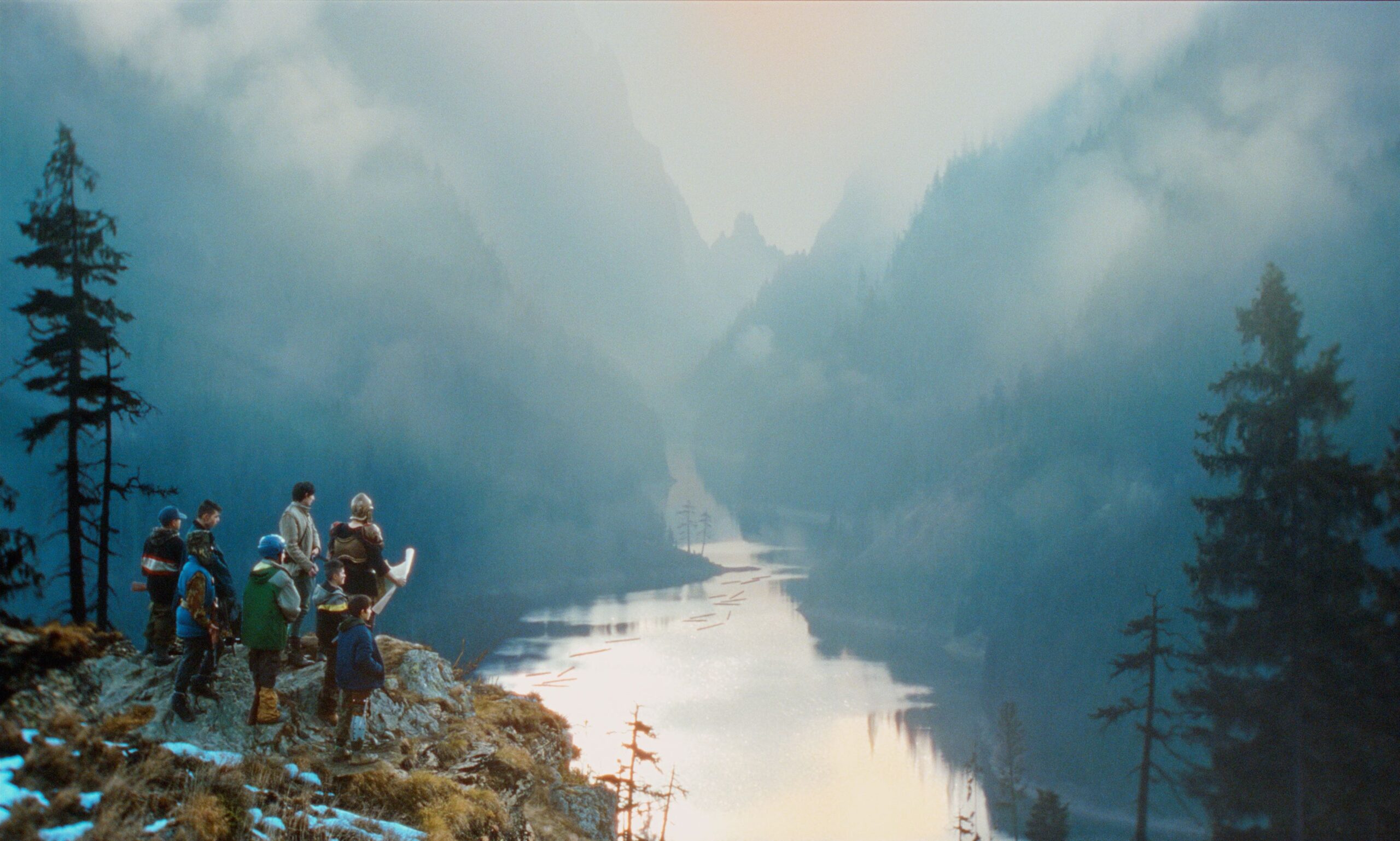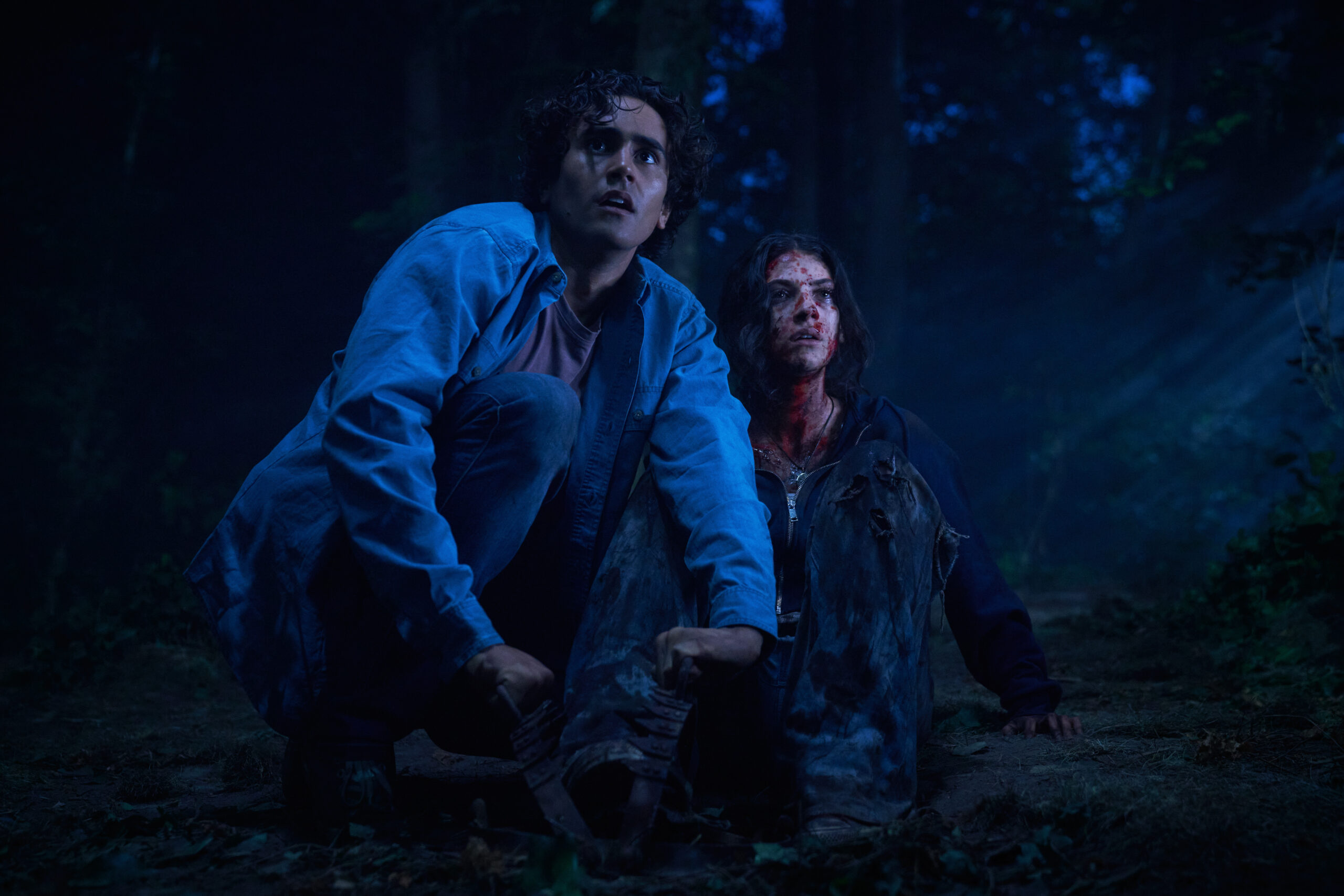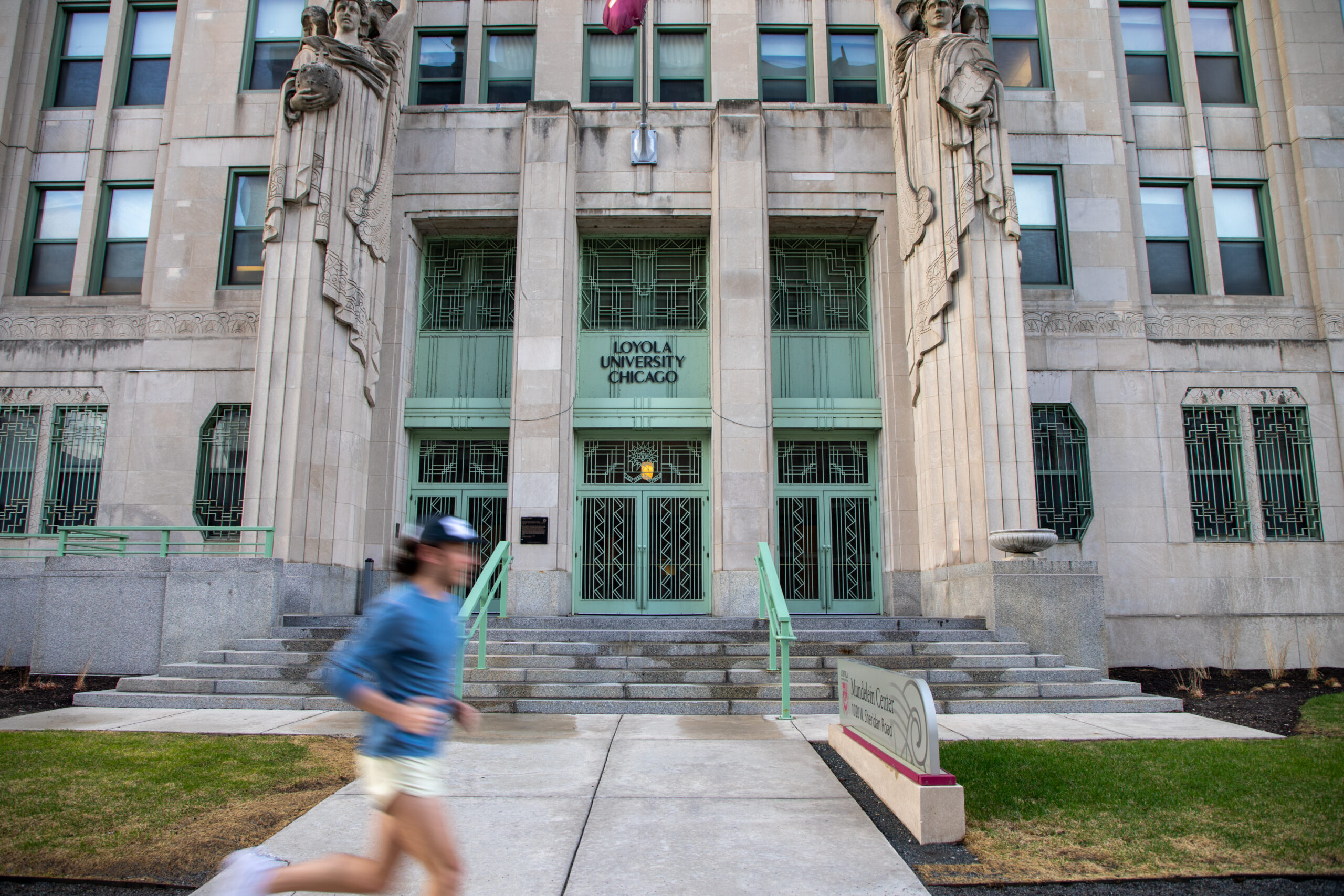Writer and Arizona native Hailey Gates talks about the novelty and anxiety surrounding the cold weather.
This January marks the second real winter of my life.
As an Arizona native, part of why I moved to Chicago for college was because of its varied weather. That being said, it would be a lie to say I wasn’t dreading returning to the Midwest upon seeing the incredibly low temperatures which had been sweeping the nation. In the final weeks of winter break, my family eerily read out the Chicago forecast, relishing in my anxiety as they condemned me to the cold.
However, when I returned to Chicago this year, this dread turned into an almost childlike wonder, derived in part from the novelty of seeing snow, but more so from the shock of seeing news about record low temperature instead of record highs.
I realized this weather, no matter how unpleasant, isn’t something we should be treating as a minor inconvenience — it’s something that should be taken seriously.
Last year has officially been confirmed as the hottest to date, with the average global temperature rising 1.5 degrees Celsius — 2.7 degrees Fahrenheit — above the pre-industrial level.
This parameter is identified in the Paris Agreement, an international treaty signed in 2015 with the intention of catalyzing economic and social transformation in favor of climate action, including efforts to “limit the temperature increase to 1.5 C above pre-industrial levels.”
Climate models project robust increases in climate-related risks — such as extreme droughts, heatwaves and rainfall — once global temperatures increase beyond 1.5 degrees Celsius, according to a report from the Intergovernmental Panel on Climate Change.
In addition to these potential weather hazards, sporadic cold waves such as this one are also a consequence of the Earth’s changing climate, as warmer weather in the arctic may be disrupting the polar vortex, according to Yale Climate Connections.
My life — as well as the lives of many young people — has been riddled with climate anxiety, according to an article published by the Yale School of the Environment. The inevitable danger of climate change characterizes a contemporary understanding of the world.
Approximately 75% of Americans support U.S. involvement in international efforts to reduce the effects of climate change, according to an article by Pew Research Center. The article also says American adults aged 19-21 are more supportive of efforts to completely phase out fossil fuels.
Yet, despite the widely acknowledged urgency of responding to climate change, it’s frequently a topic which members of my generation — myself included — simply can’t engage with. The reality of climate change often feels so unstoppable, it feels fruitless to try at all — even though trying is all we can do.
The issue has always been complex — first in establishing its existence and potential impact, and now in determining exactly how much of an impact it has made and if said impact can be minimized. It seems as if every effort to combat climate change is always just a minute too late, an attempt to examine broken mechanisms of the past while the present actively crumbles. Even proactive efforts feel reactive by the time they’re implemented.
Because of this relentlessness, climate change is an issue that simultaneously demands discourse and nips it in the bud. Change can’t be made without confrontation, but more often than not it feels like the time for confrontation has long passed.
This is why these past few weeks, when I’m sloshing through snow on my way to class, fighting a solemn battle against the -20 degrees F wind, I have understood for the first time the temporal rage of climate change.
After growing up in a state that has seen a steady, incremental rise in temperature, there is something in the novelty of experiencing climate change on the other end that has reminded me it is something that is impossible — and reckless — to ignore.
This cold front, then, isn’t a reprieve from my experiences with climate change but a new element of it — but it can also be a reckoning against cultural negligence. It’s terrifying to think of a future defined by unlivable global conditions, but this fear doesn’t excuse us from addressing that future.
Last week’s forecast should be viewed as a catalyst for confrontation, as a reminder to stop letting feelings of helplessness turn into willful ignorance or complacency. I now know what it’s like to be hit in the face by a temperature, what it means to transition from maneuvering over icy sidewalks to trudging through snow.
These experiences should be not only a reminder of the climate’s constant changing and life-altering power, but also a reminder that the only way to handle climate change is to treat it like the biting Chicago wind — to face it head-on.
Feature image by Holden Green / The Phoenix
-

Hailey Gates is a third-year student majoring in English and minoring in journalism and art history. In addition to working as Opinion Editor of The Phoenix, she is a Writing Fellow at the Writing Center and a Provost Fellow undergraduate researcher. She loves to write feature stories about local art and artists and Opinion pieces on everything from national politics to Reese’s Peanut Butter Pumpkins.
View all posts






